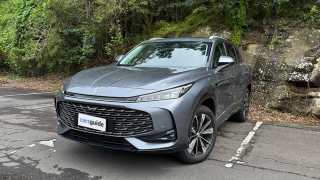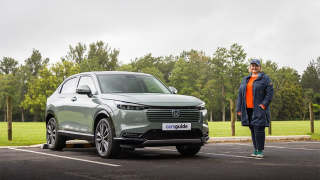
Ethanologically speaking

The attraction of ethanol is that it is a renewable resource derived from plants and is essentially carbon neutral because the plants from which it comes consume carbon dioxide during photosynthesis.
Manufacturing ethanol would not be carbon neutral unless the power consumed came from a source such as solar, wind or hydro electric generation.
But even then, the energy consumed to make infrastructure for these power generation systems would consume non-renewable resources.
It is a vexed question.
However, using ethanol for transport has other benefits that need to be taken into account, specifically, it reduces our dependence on imported oil and we have all seen what that can do, particularly at the bowser.
Using ethanol to power vehicles is probably not the answer to global warming, oil dependence and fossil fuel problems but is part of the solution as we wait for hydrogen engines to be fully developed.
Ethanol can be viewed as a stepping stone along the way towards hydrogen.
Saab is the first auto manufacturer to bite the bullet in Australia and release a production car that happily runs on mostly ethanol.
More than that, the BioPower 9-5 runs better on E85 (85 per cent ethanol) than it does on straight petrol, producing more power and better performance on the "green" fuel.
But E85 is not readily available in Australia, certainly not at a commercial level through numerous outlets.
Our preference for petrol has seen ethanol almost completely overlooked as a transport fuel.
Perhaps the best Saab can hope for in the short term with its BioPower cars is that the Federal Government is pushed into dealing with the issue and also that the average motorist starts thinking about ethanol as an alternative to petrol, LPG, and diesel.
Right now, there are three ethanol producers in Australia: Rocky Point, Manildra and CSR.
Total annual production from the three companies is around 170 million litres.
This would have to be increased hugely should ethanol use for transport become commercial.
However, even if every scrap of arable land in Australia was put under crops, it would still not provide enough ethanol to power the nation's vehicles.
The Swedish experience (where Saabs are made) has shown that the move to ethanol has not been driven by petrol prices, but by demand for cleaner fuels.
But the Swedish government has significant cash incentives for people who buy bio-cars.
These incentives for the population to go "green" are not replicated here.
Saab hopes E85 will spread rapidly as a transport fuel. It is already extensively used in countries like Mexico.










Comments